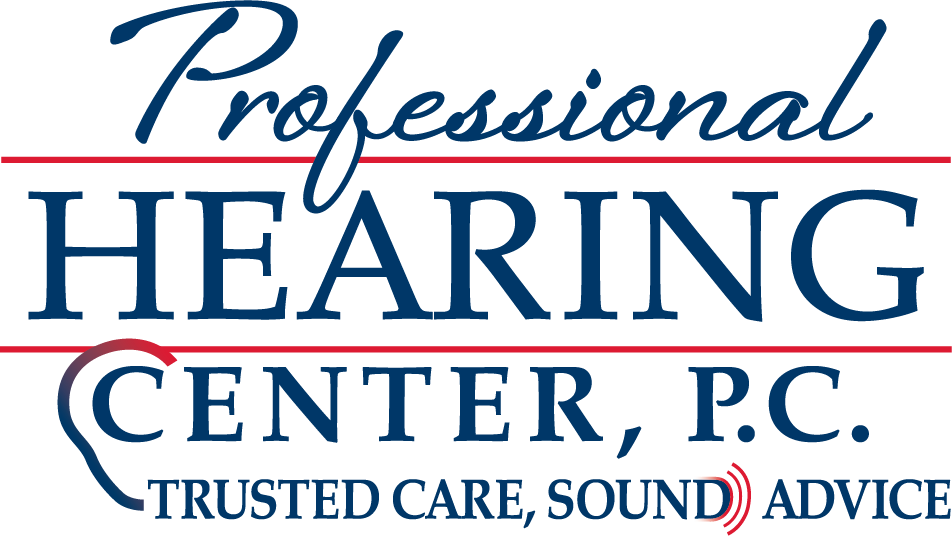
When you begin on a course of medication, it’s natural to want to be educated about any possible side effects. Can it cause digestive issues? Will it cause dry mouth? Cause sleeplessness? There might also be a more severe potential side effect that you might not be aware of – hearing loss. Many different medications are known to trigger this condition which medical professionals label as ototoxicity.
So can this issue be caused by a lot of drugs? The answer is uncertain, but there are lots that are recognized to cause ototoxic symptoms. So, which ones should you pay attention to and why?
What you need to know about ototoxicity
How can a pill damage your ears after you swallow it? There are three distinct places specific drugs can damage your hearing:
- The stria vascularis: The stria vascularis is the part of the cochlea that produces fluid called endolymph. Too much or too little endolymph has a substantial effect on both hearing and balance.
- The cochlea: The cochlea is part of the inner ear, shaped like a seashell, that transforms sound waves into electrical signals which your brain translates into the perception of sound. Damage to the cochlea impacts the range of sound you can hear, usually beginning with high frequencies then extending to include lower ones.
- The vestibule of the ear: This is the portion of the ear that sits in the middle of the labyrinth that composes the cochlea. Its main function is to manage balance. When a medication produces an ototoxic reaction to the vestibule of the inner ear, you can experience balance issues and the sensation that the room is spinning.
What is the risk level for each drug?
The checklist of medications which can result in temporary or permanent hearing loss may surprise you. Many of them you most likely have in your medicine cabinet even now, and it’s likely that you take them before you go to bed or when you’re dealing with a headache.
Over-the-counter pain medications including the following top the list:
- Ibuprofen
- Naproxen
Aspirin, also called salicylates, is on this list as well. When you quit using these medications, your hearing will usually go back to normal.
Antibiotics come in as a close second for prevalent ototoxic drugs. You might have heard of some of these:
- Kanamycin
- Tobramycin
- Streptomycin
Tinnitus can also be induced by several common compounds
Some medications may cause tinnitus and others could result in loss of hearing. If you hear phantom noises, that may be tinnitus and it typically shows up as:
- Ringing
- Popping
- A whooshing sound
- Thumping
Specific diuretics will also trigger tinnitus, here are some of the primary offenders:
- Tonic water
- Marijuana
- Caffeine
- Nicotine
Every time you drink your coffee or black tea in the morning, you are exposing your body to something that may make your ears ring. Here’s the good news, it should clear up after the chemical is out of your system. The following drugs are prescribed to treat tinnitus but ironically, they are themselves diuretics:
- Lidocaine
- Prednisone
- Amitriptyline
Once you discontinue the medication, the symptoms should clear up, and your doctor will be there to help you with anything you may need to know.
There are very distinct symptoms with an ototoxic response
Depending on what specific medications you’re using and the health of your hearing, your particular symptoms will vary.
Be on guard for:
- Poor balance
- Tinnitus
- Blurred vision
- Vomiting
- Difficulty walking
- Hearing loss on one or both sides
Be sure you ask your doctor about any side effects the medication they prescribed may have, including ototoxicity. If you experience ototoxicity we recommend that you contact your doctor to talk about your symptoms, they will know what’s best.
Also, schedule a hearing exam with us, a baseline hearing test is a proactive measure that can help you preserve good hearing health throughout your life.
Call Today to Set Up an Appointment
References
https://www.ncbi.nlm.nih.gov/pmc/articles/PMC7985331
